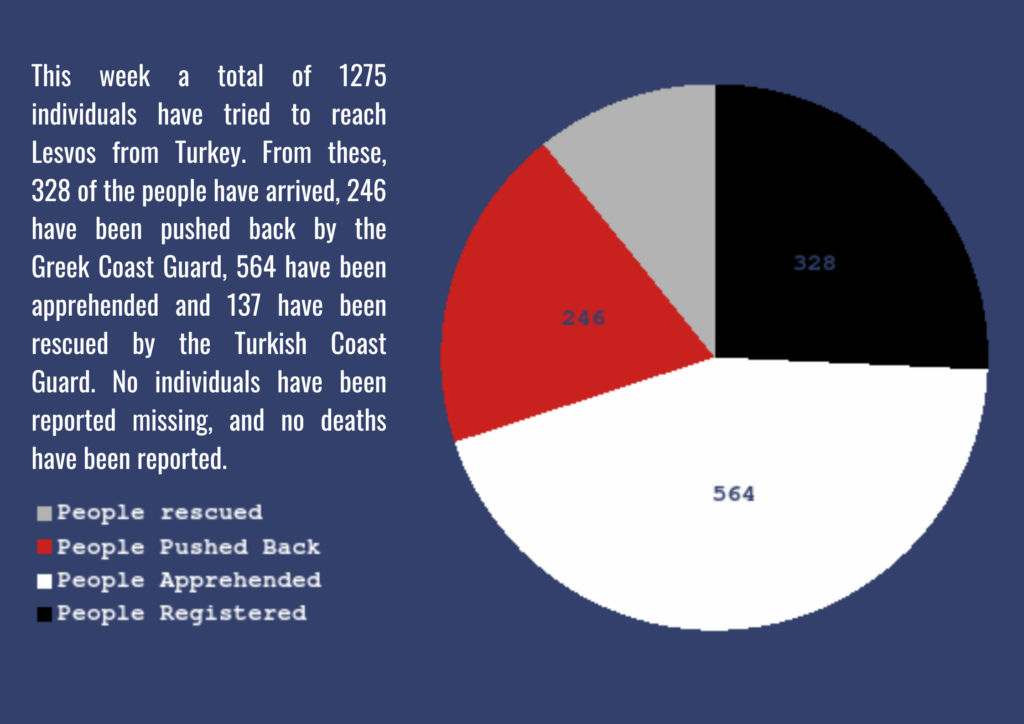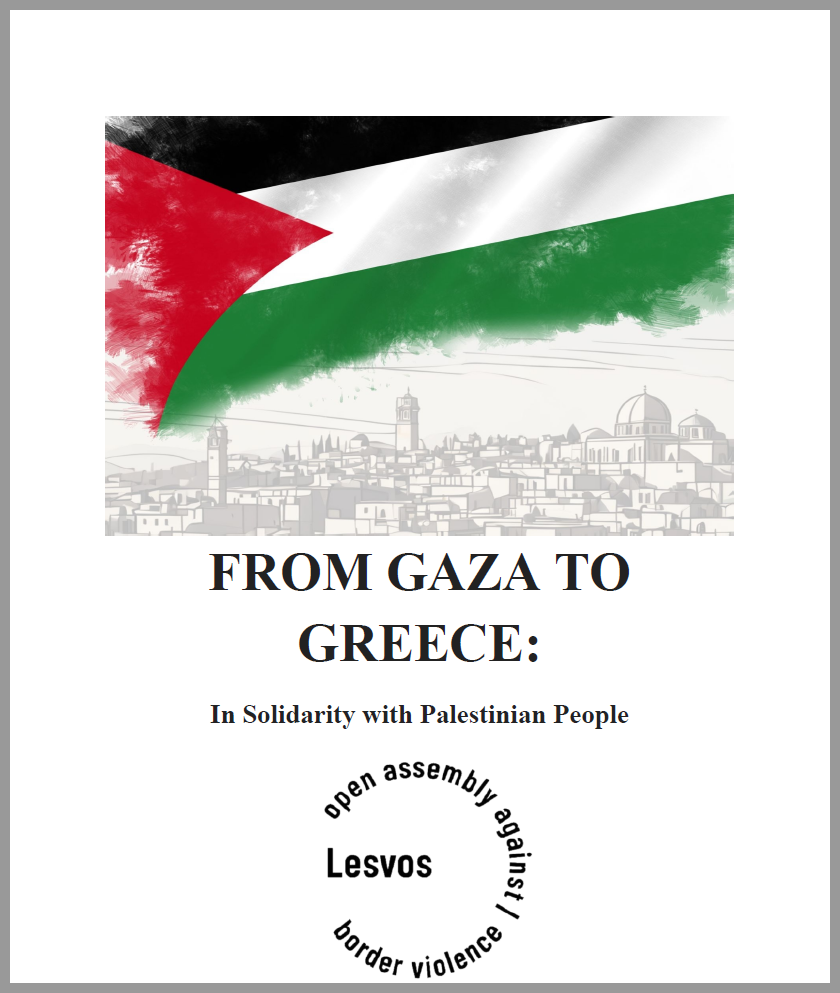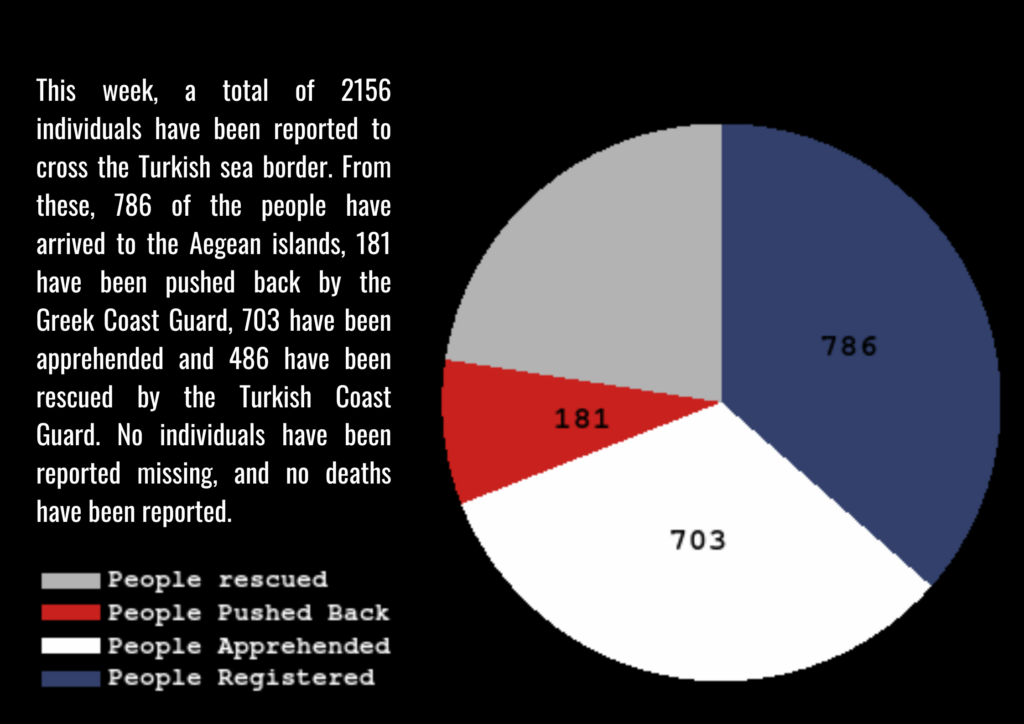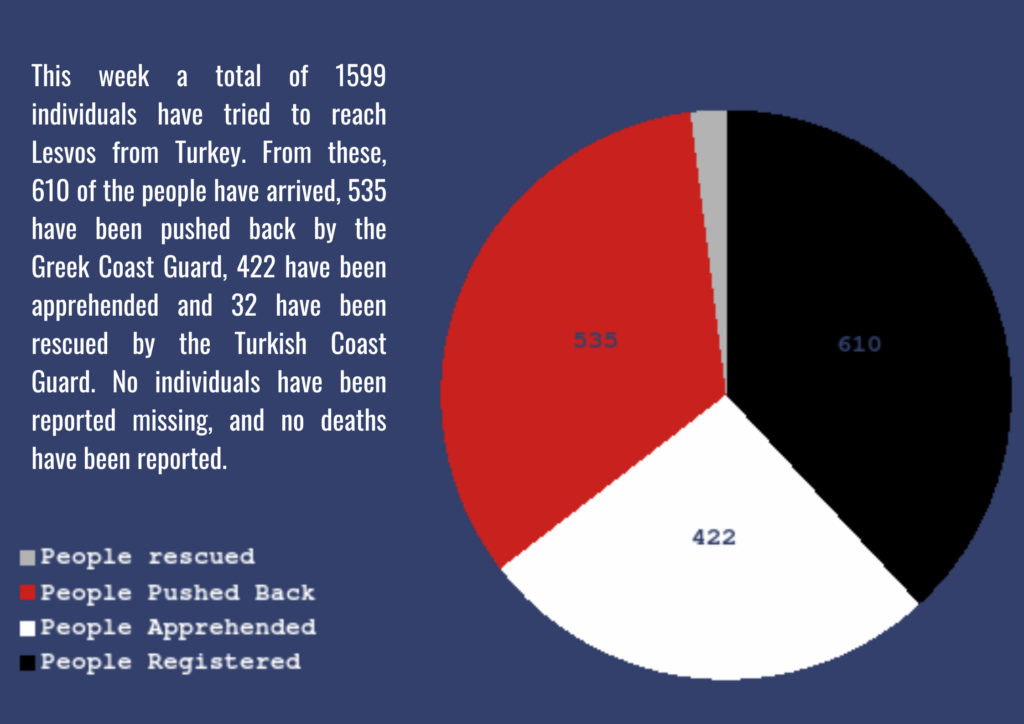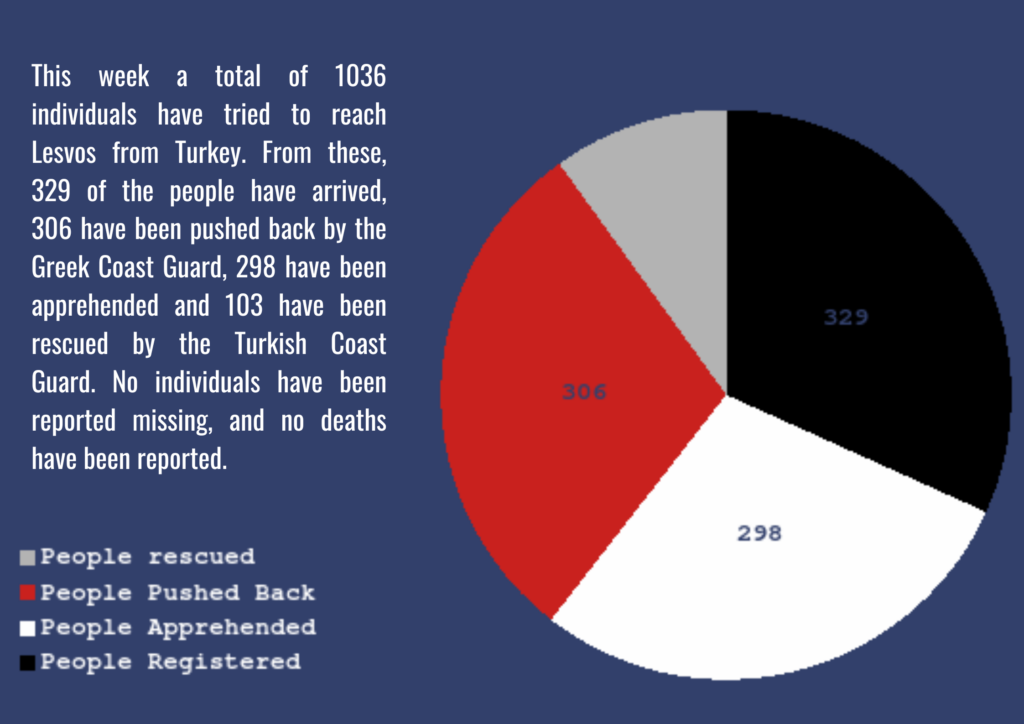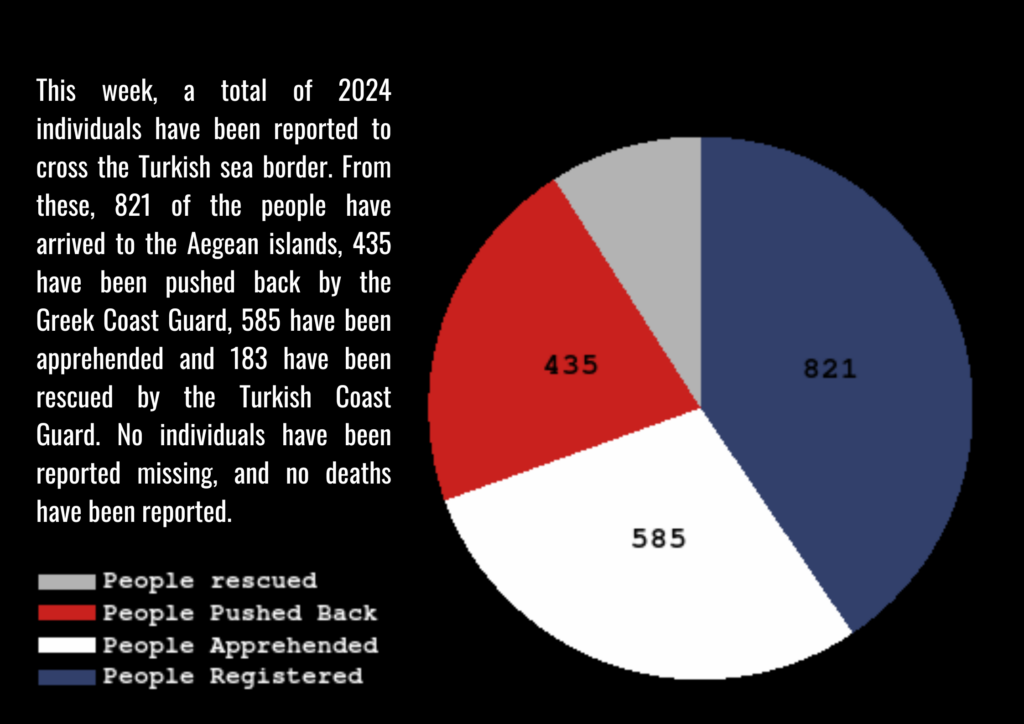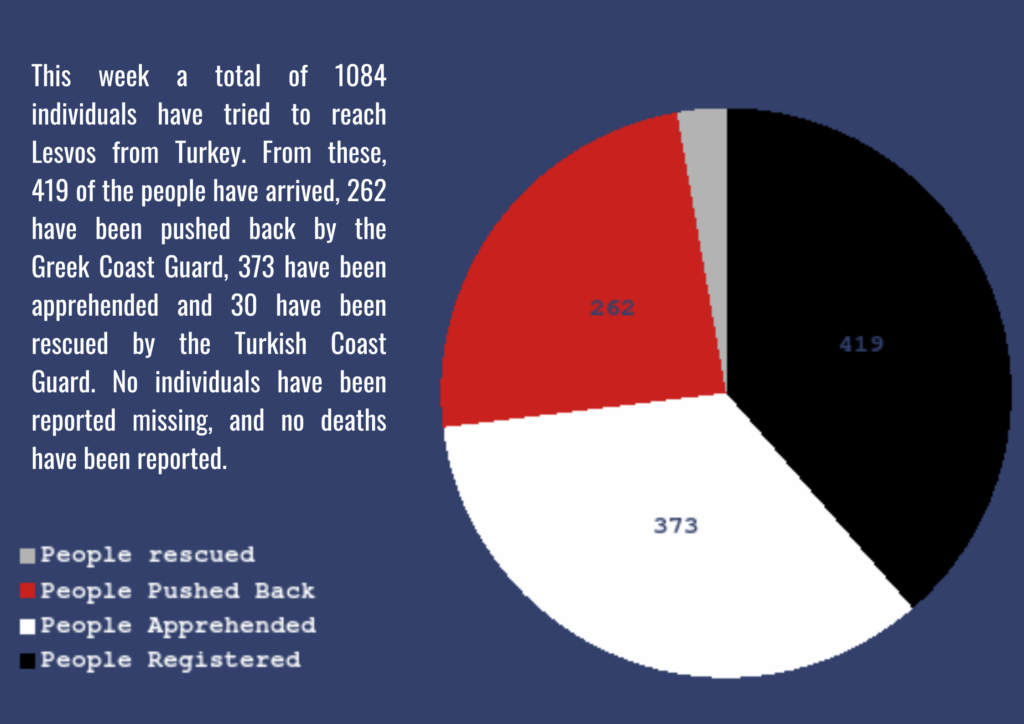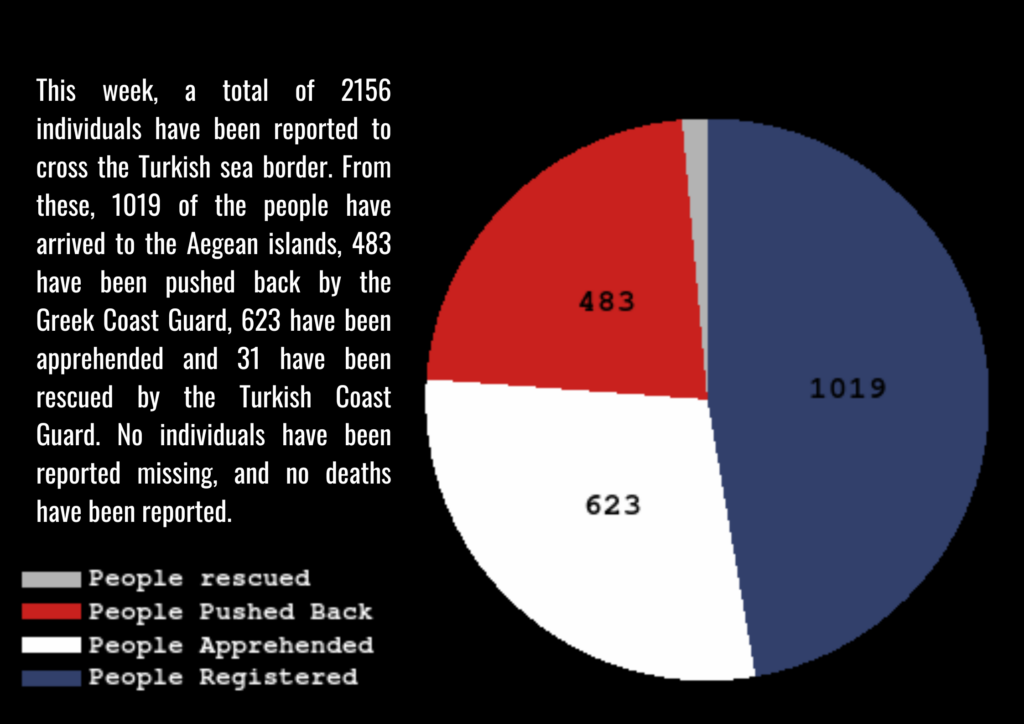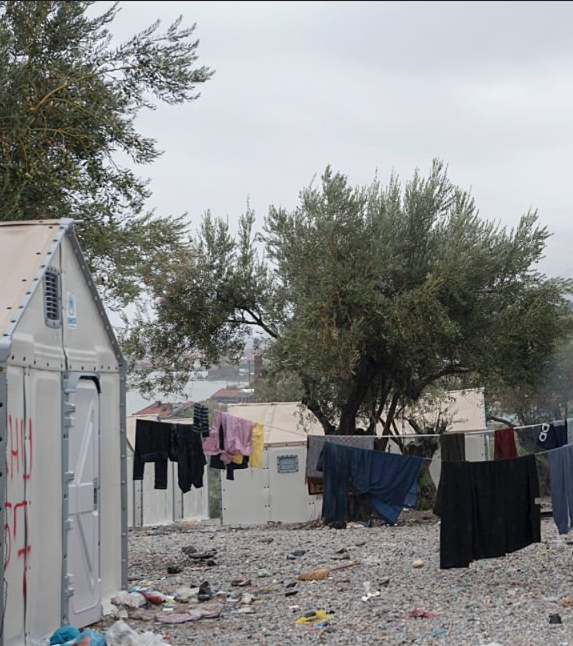 The EU has just introduced a new Migration and Asylum Pact, and it’s significant for all the wrong reasons.. Brace yourselves for a useless migration policy that’s full of lies about why people move, and is even more vicious against them, further boosting the extreme right framework. The Migration Pact comprises five regulations: data control, border supervision, legal safeguards, crisis management, and the treatment of asylum seekers. The latter is pivotal because under the current arrangement, countries such as Spain, Italy, or Greece bear the brunt as the initial destination.
The EU has just introduced a new Migration and Asylum Pact, and it’s significant for all the wrong reasons.. Brace yourselves for a useless migration policy that’s full of lies about why people move, and is even more vicious against them, further boosting the extreme right framework. The Migration Pact comprises five regulations: data control, border supervision, legal safeguards, crisis management, and the treatment of asylum seekers. The latter is pivotal because under the current arrangement, countries such as Spain, Italy, or Greece bear the brunt as the initial destination.
The pact tightens the criteria for granting asylum, resulting in prolonged detention periods at the borders. Remarkably, the pact sanctions the indefinite detention of children. Families, kids included, might find themselves caged at the borders or booted off to some so-called “safe third countries.”
Border officials are now authorized to conduct thorough pre-entry control, including fingerprint identification and the collection of facial data from children as young as six. They are also empowered to conduct searches if an individual is perceived as a “security threat, violent, or unlawfully armed,” as stated by the European Parliament.
The pact oversees every aspect, from the arrival of asylum seekers on EU soil to the decision of acceptance or rejection. It is designed to replace and fortify existing regulations, a deadlock that persisted for years until the EU Council reached an agreement in June. The newly implemented rules outline “flexible compulsory solidarity,” mandating each EU country to either accommodate a specified number of asylum seekers or contribute monetarily to a collective fund to finance the borders.
The “mandatory but flexible solidarity” sets quotas for the redistribution of asylum seekers. If a state rejects its share, a contribution of 20,000 euros per person to the common fund is mandated. Partners can also contribute tangible resources or assume management of individuals on their territory, even if they entered through another route.
But here’s the real talk: No pact can stop us.
We will not cease until the borders are destroyed.
No one is illegal.
No to the European border regime.
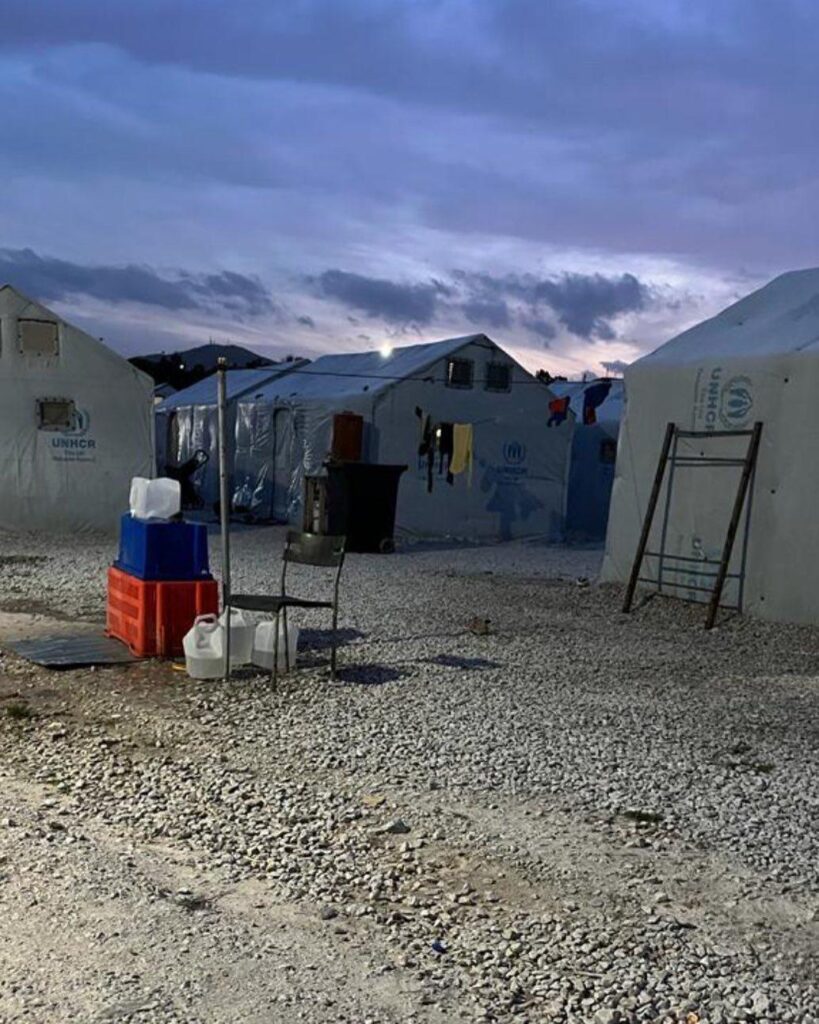 After waiting for over a year for an outcome on their asylum procedure, during the last months over 2000 people have received their positive decision. However, being recognized as a refugee doesn’t mean that you can leave the camp or the island immediately, since it can take several months for travel documents to be issued. However, the special task force is currently on Lesvos and is issuing documents in the hope of speeding up the process. Regardless, people still have to wait over a month in order to get their papers. On Tuesday 14 December, the camp’s policy suddenly changed once again.
After waiting for over a year for an outcome on their asylum procedure, during the last months over 2000 people have received their positive decision. However, being recognized as a refugee doesn’t mean that you can leave the camp or the island immediately, since it can take several months for travel documents to be issued. However, the special task force is currently on Lesvos and is issuing documents in the hope of speeding up the process. Regardless, people still have to wait over a month in order to get their papers. On Tuesday 14 December, the camp’s policy suddenly changed once again.
